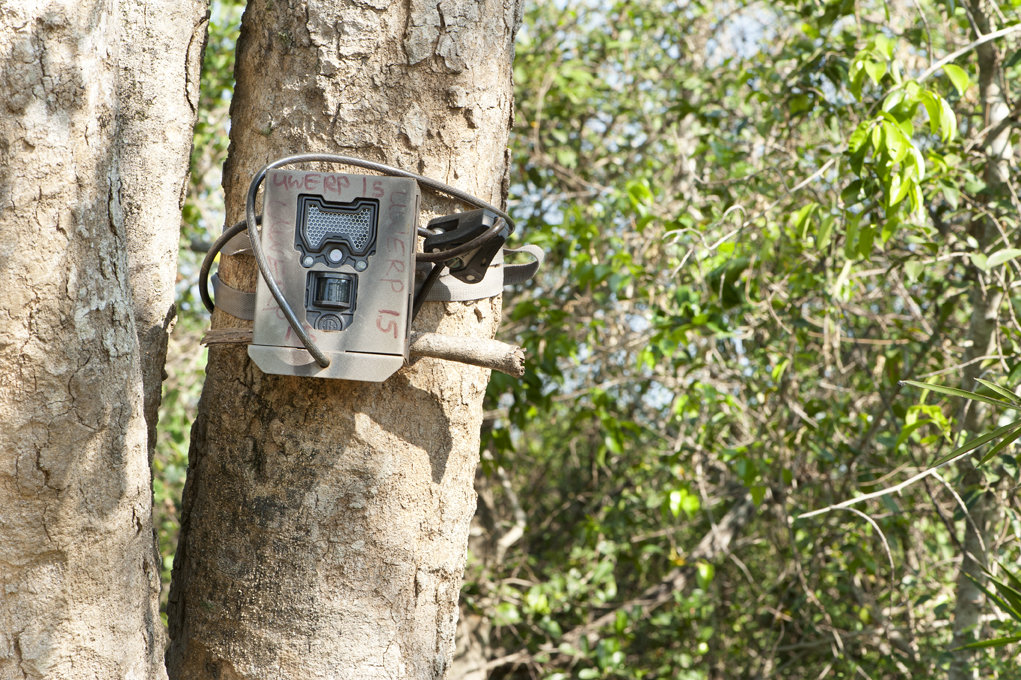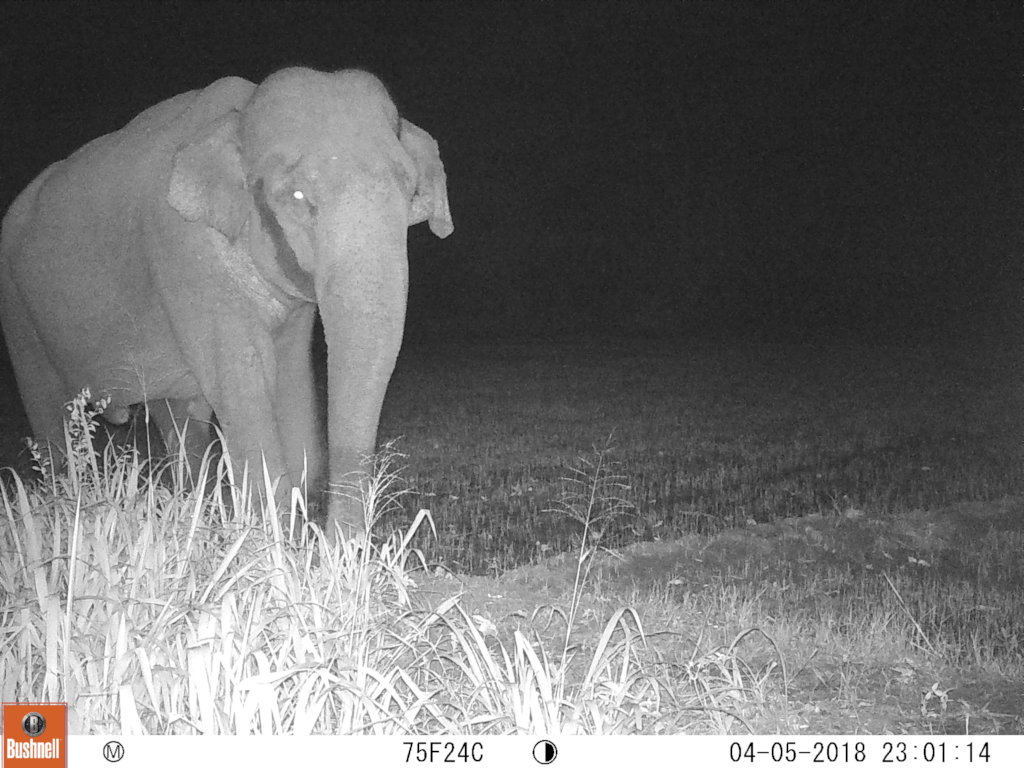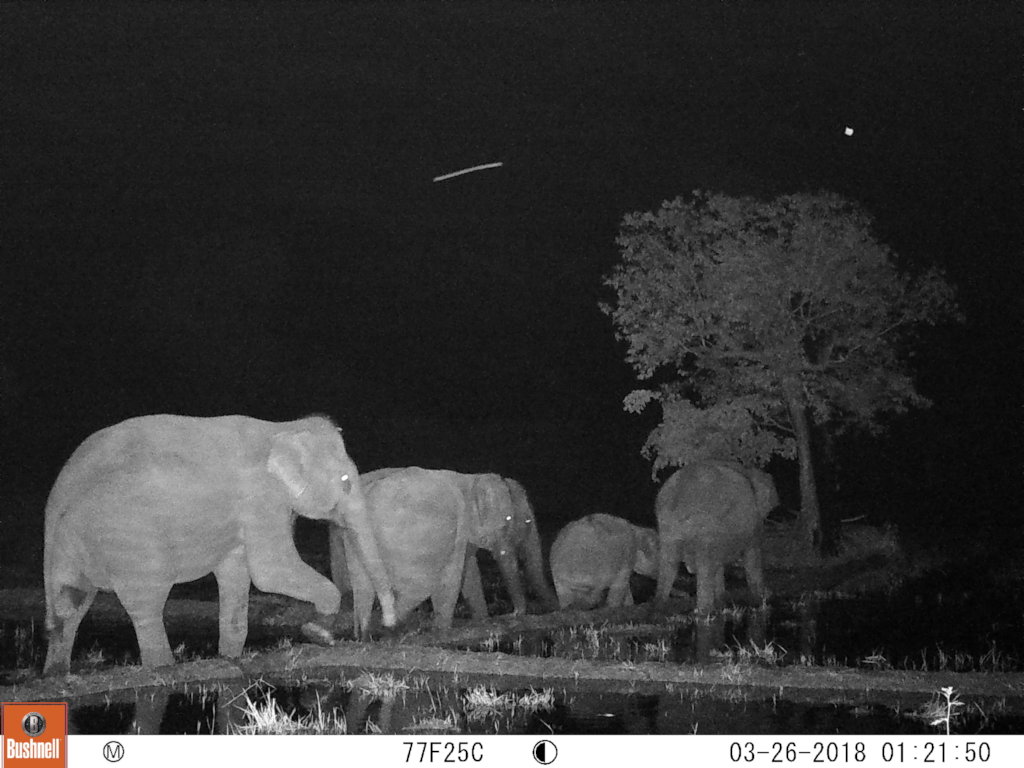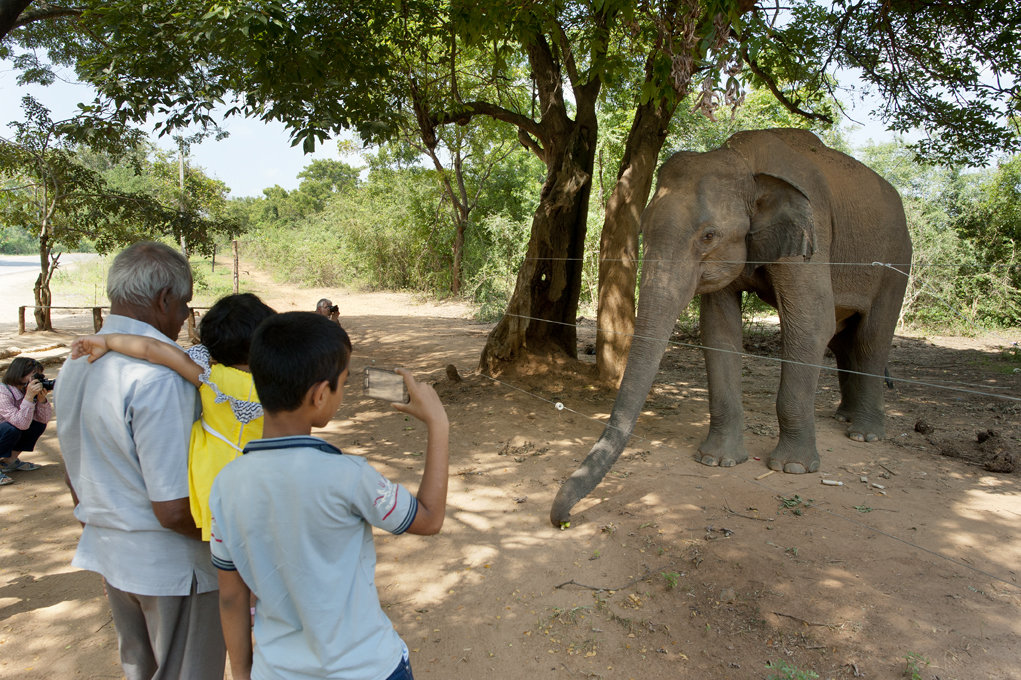




Our mission is to foster evidence-based conservation of wild Asian elephants and their habitats, through research, education, policy and advocacy. We support long-term research in Sri Lanka, and like-minded initiatives throughout Asia. By engaging with wildlife managers, conservation practitioners, educators, and local communities, we involve diverse stakeholders in raising awareness and imagining solutions.


Each of GlobalGiving’s nonprofit partners is required to send quarterly donor reports detailing the impact of their work. Here are some of their recent updates:
By Lizzie Webber | Chief Operating Officer
We're pleased to share the latest update on our ongoing efforts to foster coexistence between humans and Asian elephants for Earth Day! Your continued support has enabled us to make significant... Read the full report ›By Salik Ansar | External Consultant
Sri Lanka's economy is recovering with the support of the International Monetary Fund (IMF). Despite elevated commodity prices, there is currently no scarcity; the nation is experiencing uninterrupted... Read the full report ›By Salik Ansar | External Consultant
Despite the economic crisis last year, Sri Lanka has seen steady growth in its economy in the last few months. This growth has ensured that the country is running smoothly. The people... Read the full report ›